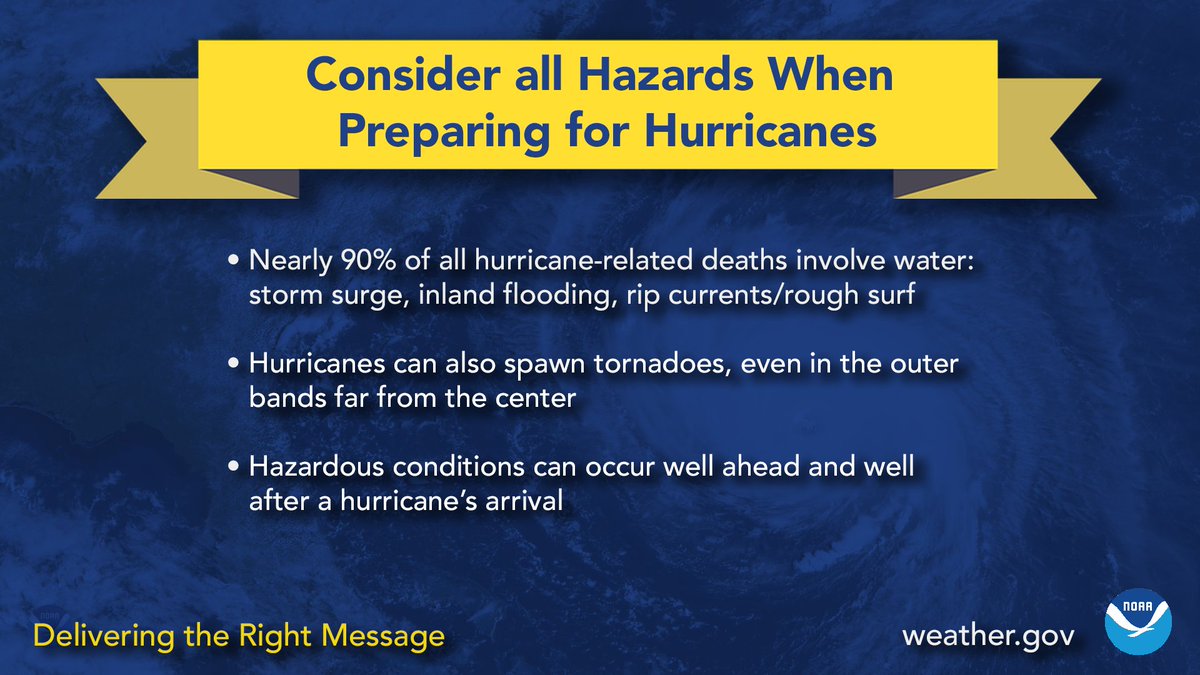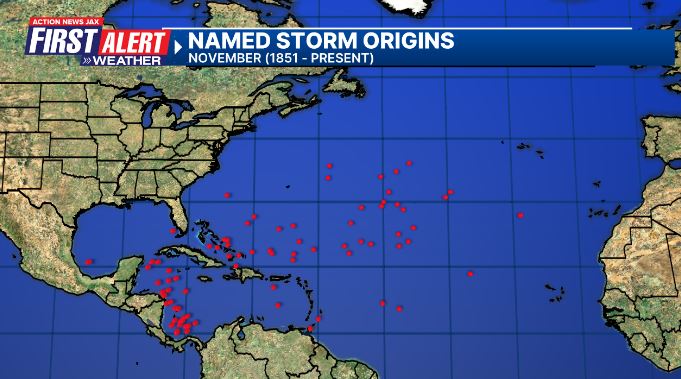Jacksonville, Fl. — The “Buresh Bottom Line”: Always be prepared!.....First Alert Hurricane Preparation Guide... City of Jacksonville Preparedness Guide... Georgia Hurricane Guide.
STAY INFORMED: Get the * FREE * First Alert Weather app
FREE NEWS UPDATES, ALERTS: Action News Jax app for Apple | For Android
WATCH “Preparing for the Storm”
WATCH “The Ins & Outs of Hurricane Season”
READ the First Alert Hurricane Center “Preparation Guide”
Federal Alliance for Safe Homes (FLASH) * here *.
***** ALWAYS CHECK & RE-CHECK THE LATEST FORECAST & UPDATES! ****
Tropics threats for Jacksonville/NE Florida/SE Georgia: None.
* “Mighty Milton” - Buresh Blog - recap of the hurricane including the forecast.
* “The Hell that was Helene” - Buresh Blog.
The Atlantic Basin Overview:
“Sara″
‘99-L’ became tropical depression #19 early Thu. & was upgraded to “Sara” early Thu. afternoon over the Western Caribbean. Sara was the 18th named storm of the Atlantic season. The 30-year average for a season is 14. Very heavy rain, flooding, mudslides & gusty winds hammered parts of Nicaragua, Honduras, Guatemala, Belize & the Yucatan Peninsula. As much as 40 inches (!) of rain was reported in Guatemala.
A strong upper level trough of low pressure diving into the Central U.S. will help pull the upper “reflection” (disturbance) of Sara & remnant tropical moisture northward then northeast ahead of a strong cold front. This will enhance rainfall & t’storms over the Gulf Coast & Southeast U.S. through early Wed. U.S. Climavision ‘HorizonAI’ global model - 4th image below - has Sara’s remnants or a weak low - Wed., Nov. 20th - over the Northeast Gulf.



‘Velocity potential anomalies’ below. shows “Rising” air (green lines) equates with an uptick in overall convection. With rising air, conditions are generally more favorable for tropical development. Where there are brown lines, the air is generally sinking & is often less conducive to tropical cyclones (though not impossible to have development).

REMEMBER WHEN A TROPICAL STORM OR HURRICANE IS APPROACHING: Taping windows is *not* recommended & will not keep glass from breaking. Instead close curtains & blinds.
Realize the forecast cone (”cone of uncertainty”) is the average forecast error over a given time - out to 5 days - & *does not* indicate the width of the storm &/or where damage might occur.
The upper oceanic heat content (UOHC) [tropical cyclone heat potential/TCHP] across the SW Atlantic, Gulf & Caribbean is very high:
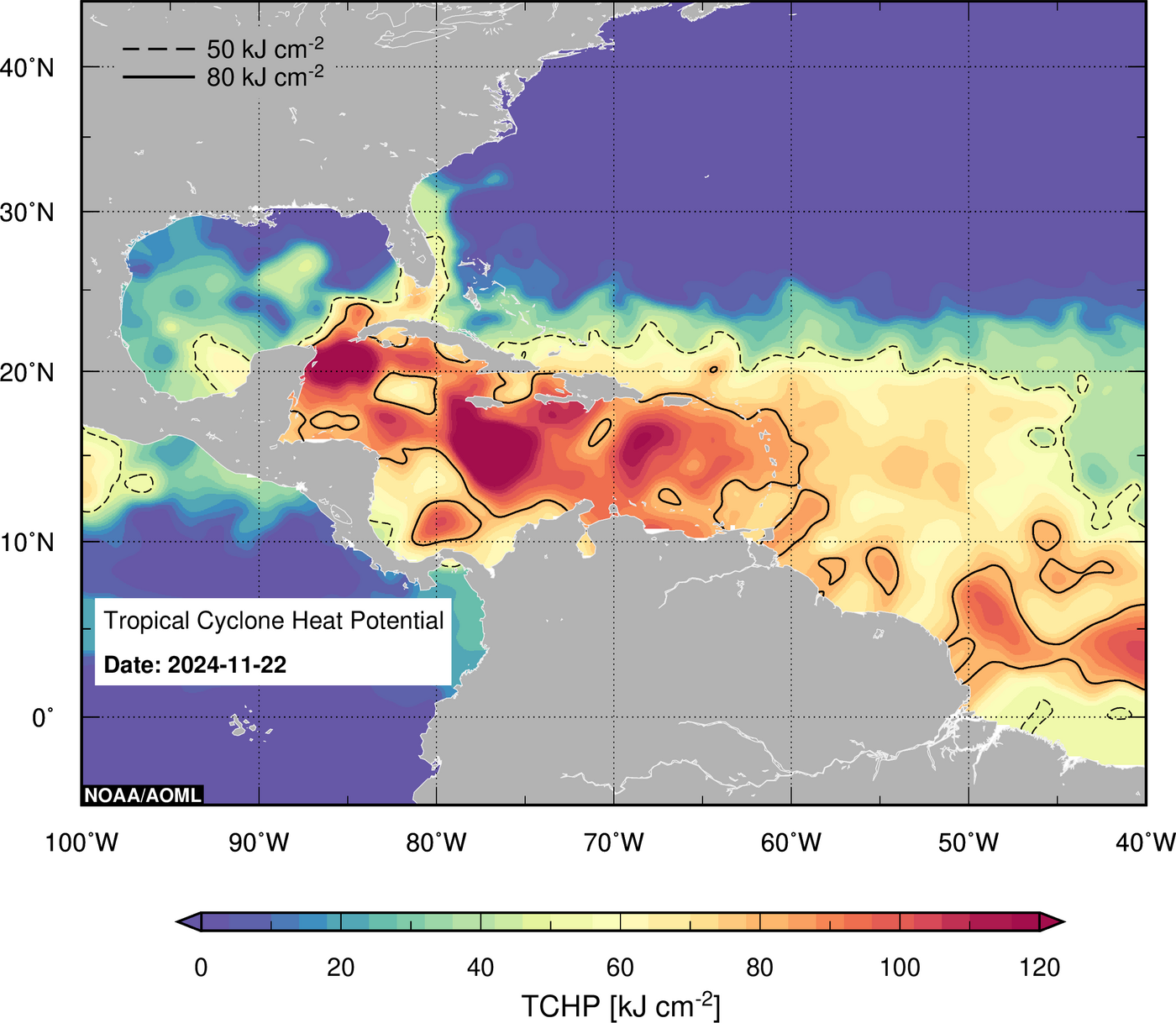
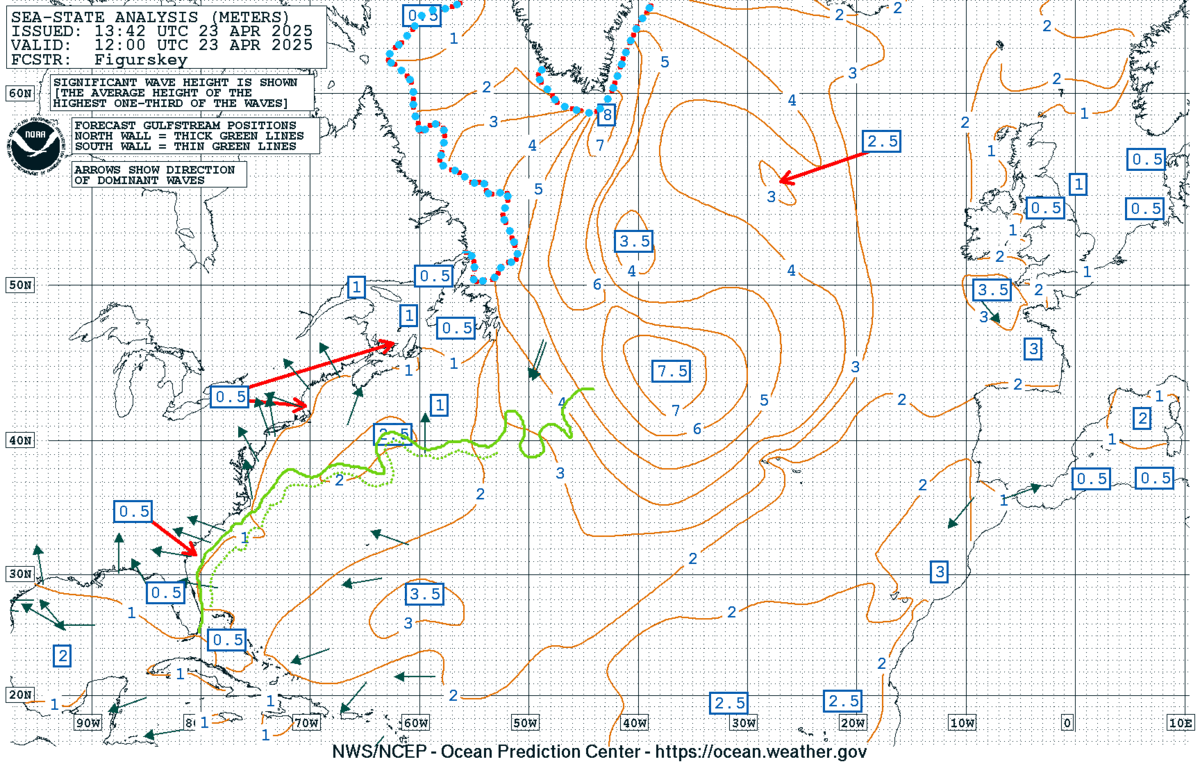
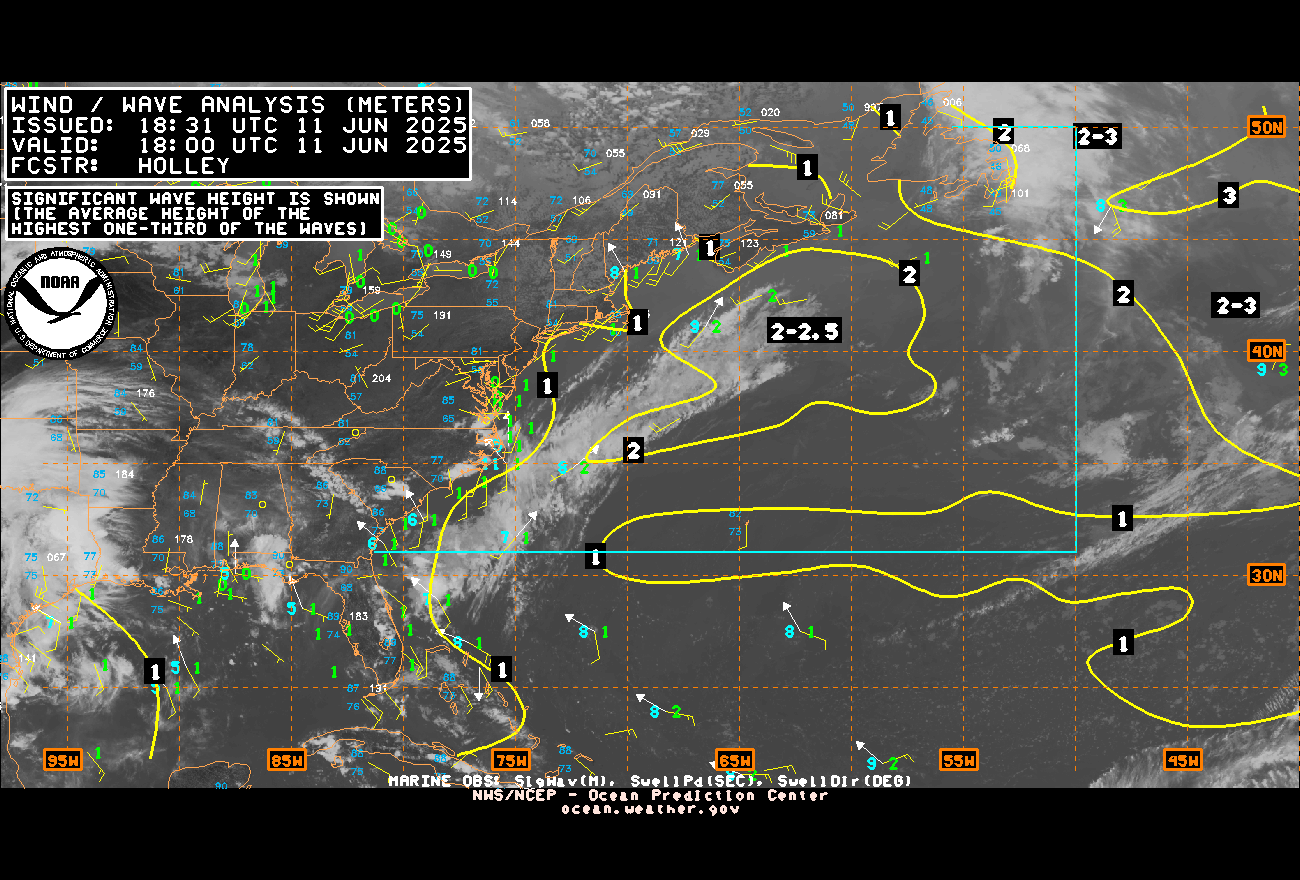




Water vapor loop (dark blue/yellow is dry mid & upper level air):

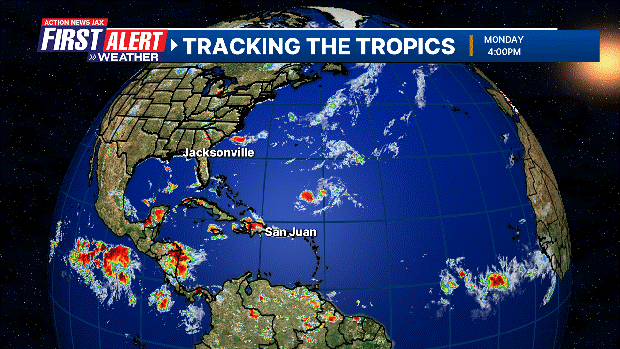
November tropical cyclone origins:
Averages below based on climatology for the Atlantic Basin for November:
Wind shear (red - strong shear; green - low shear):


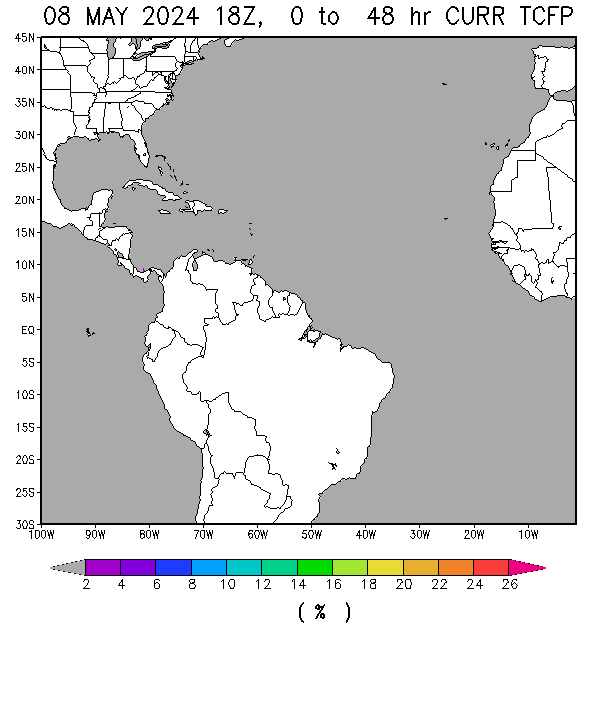
Saharan dust spreads west each year from Africa driven by the prevailing winds (from east to west over the Atlantic). Dry air = yellow/orange/red/pink. Widespread dust is indicative of dry air that *can* interfere with the development of tropical cyclones. However, sometimes “wanna’ be” waves will just wait until they get to the other side of - or away from - the dust plume then try to develop if other conditions are favorable (we’ve already seen this with Beryl & Debby this year). In my personal opinion, there is way too much “hoopla” about the presence of Saharan dust & how it relates to tropical cyclones. In any case, the peak of Saharan dust typically is in June & July.
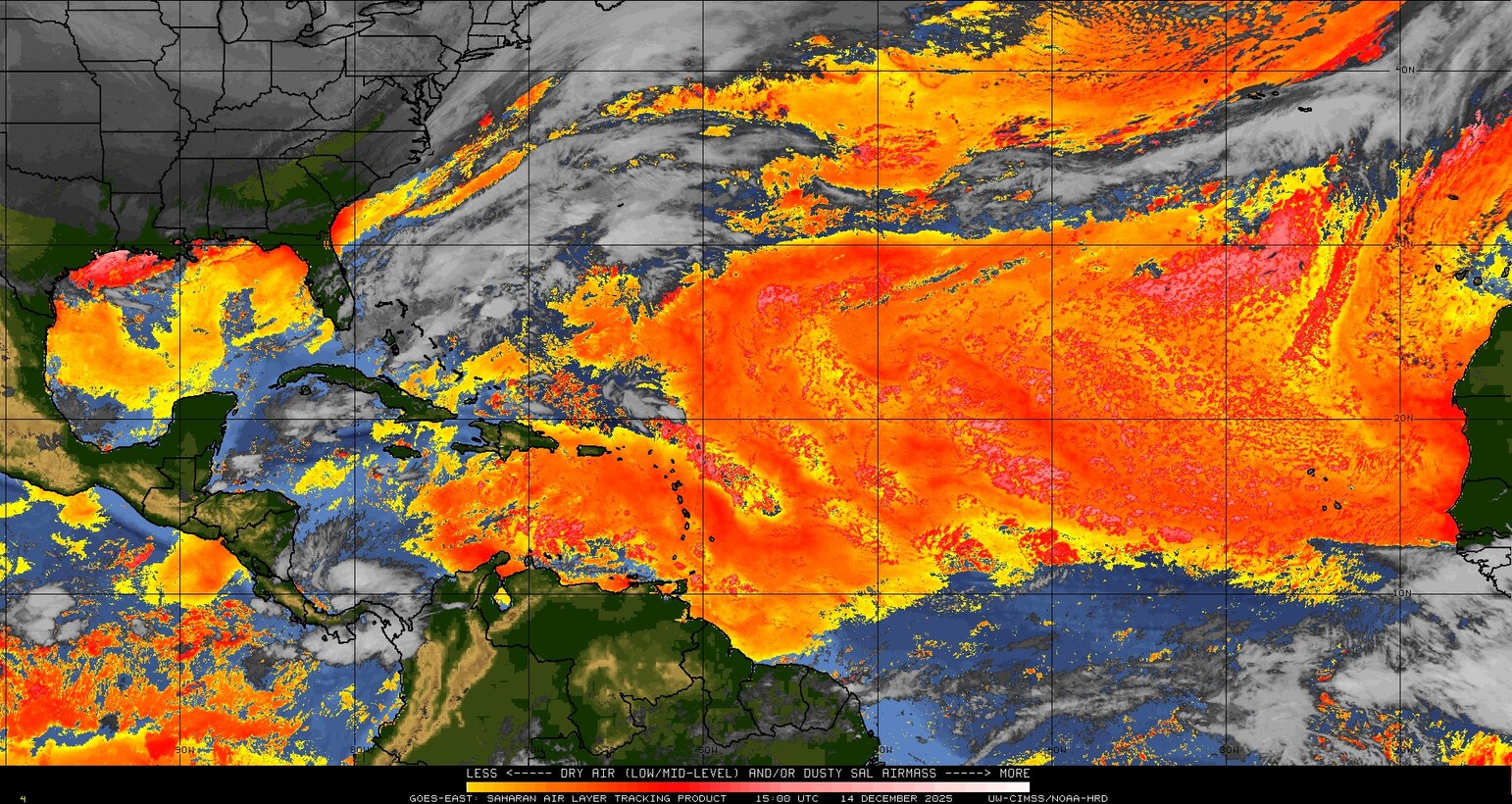
2024 names..... “Tony” is the next name on the Atlantic list (names are picked at random by the World Meteorological Organization... repeat every 6 years). Historic storms are retired [Florence & Michael in ’18 (the last time this year’s list was used)... Dorian in ’19 & Laura, Eta & Iota in ‘20, Ida in ‘21 & Fiona & Ian in ‘22]). In fact, this year’s list of names is rather infamous because of the ‘04 season when Charley, Frances, Jeanne & Ivan - all retired names - hit Florida within a matter of about 6 weeks. The WMO decided - beginning in 2021 - that the Greek alphabet will be no longer used & instead there will be a supplemental list of names if the first list is exhausted (has only happened three times - 2005, 2020 & 2021). The naming of tropical cyclones began on a consistent basis in 1953. More on the history of naming tropical cyclones * here *.

Hurricane season climatology:
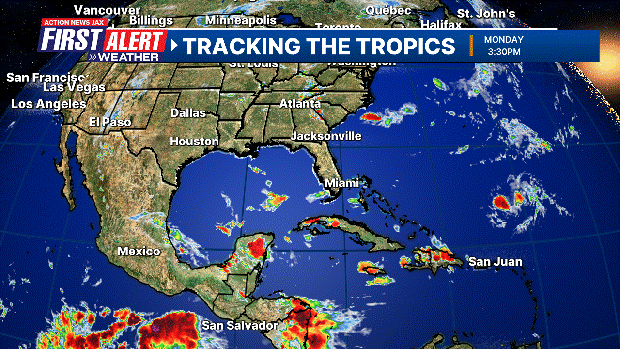



East Atlantic:





Mid & upper level wind shear (enemy of tropical cyclones) analysis (CIMMS). The red lines indicate strong shear:
Water vapor imagery (dark blue indicates dry air):

Deep oceanic heat content over the Gulf, Caribbean & deep tropical Atlantic. The colors will brighten greatly as the water warms to greater depths deeper into the season:

Sea surface temp. anomalies:
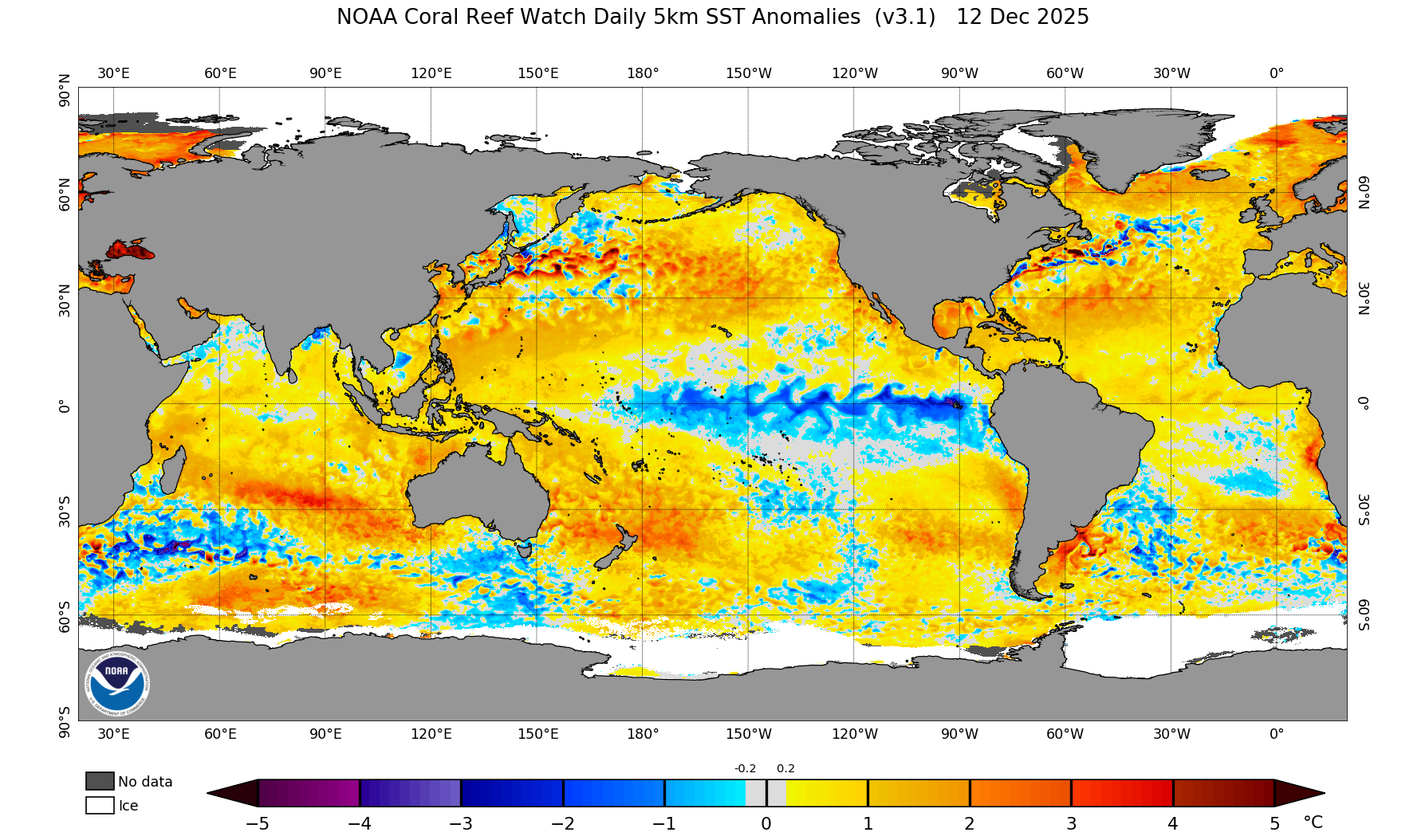

SE U.S. surface map:
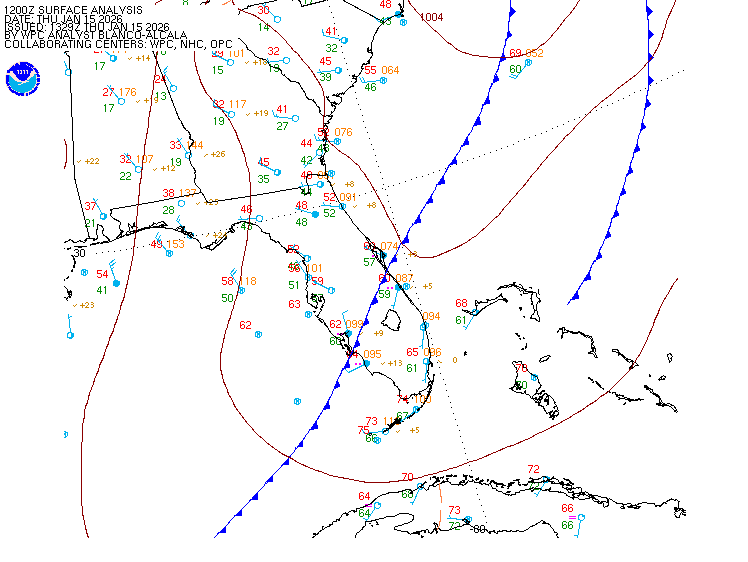
Surface analysis centered on the tropical Atlantic:
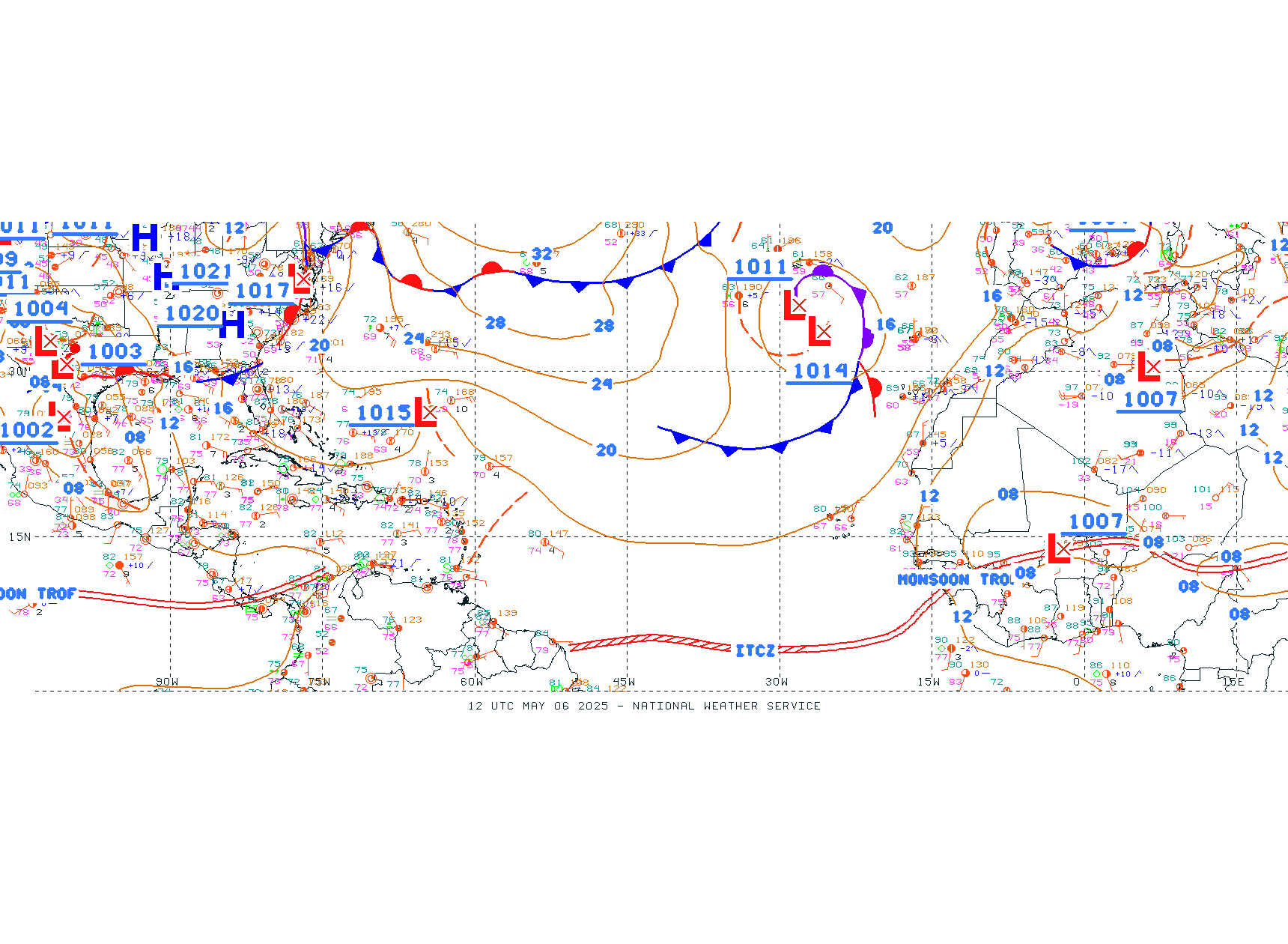
Surface analysis of the Gulf:
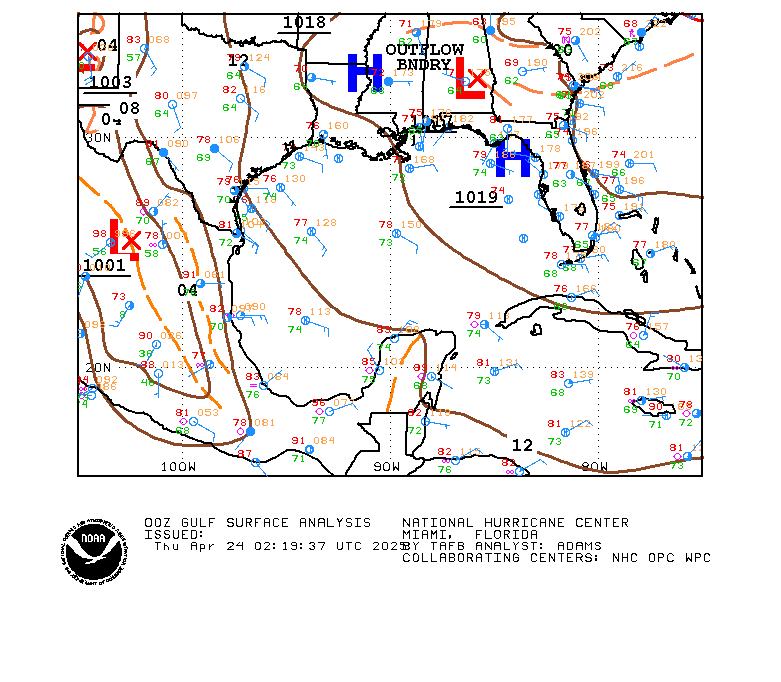
Caribbean:
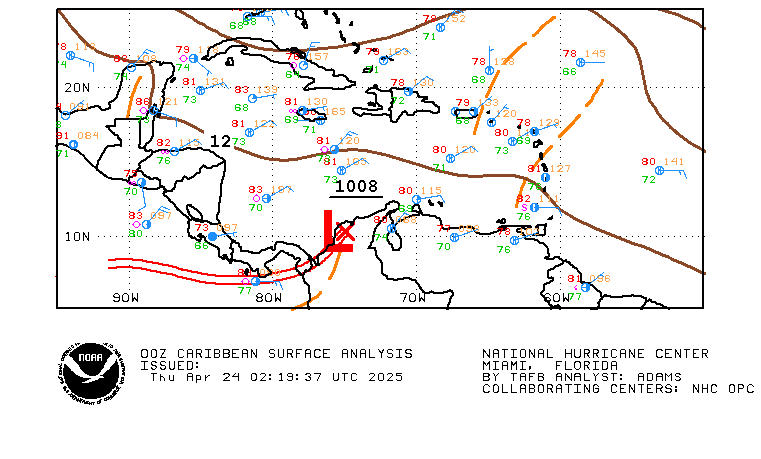
Atlantic Basin wave period forecast for 24, 48, 72 & 96 hours respectively:
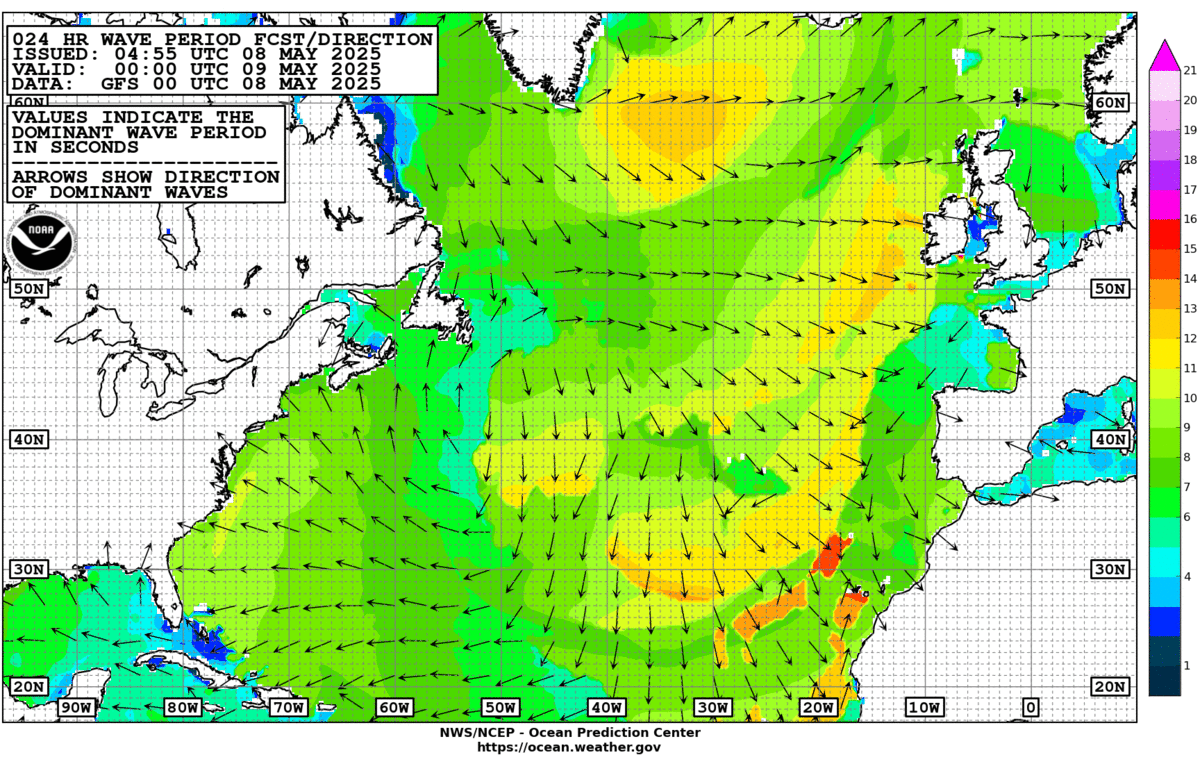
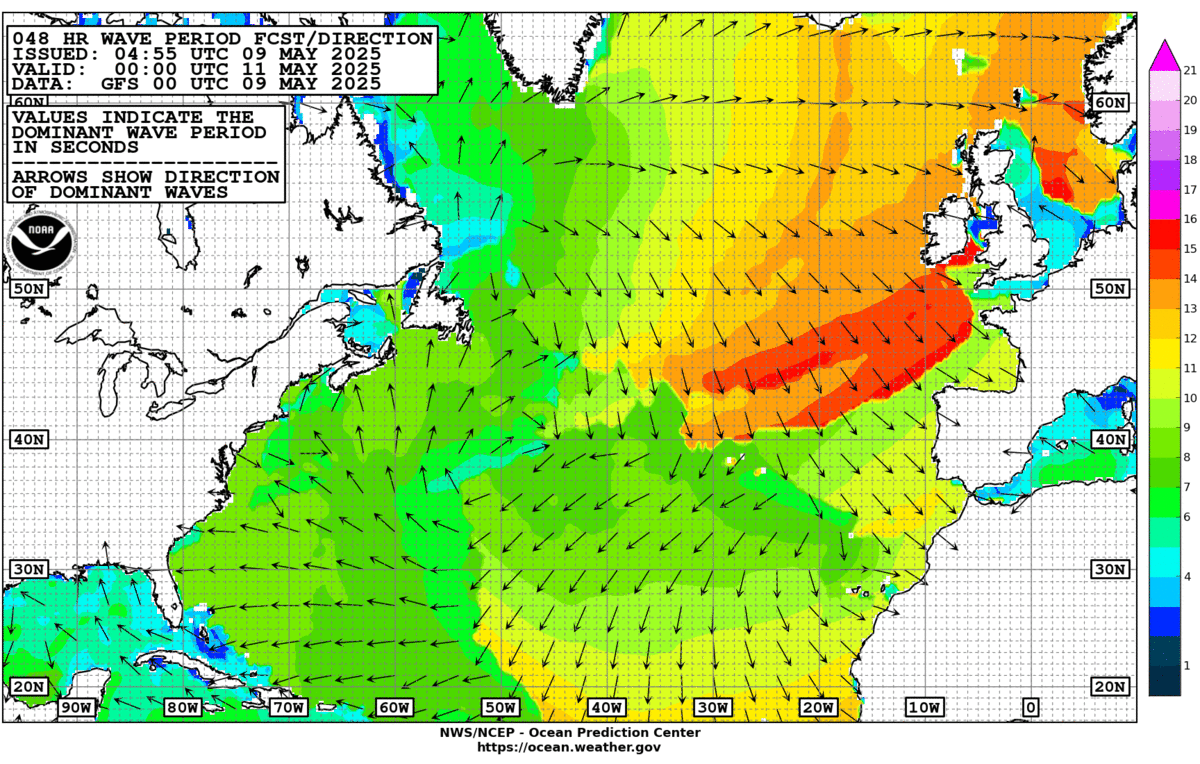
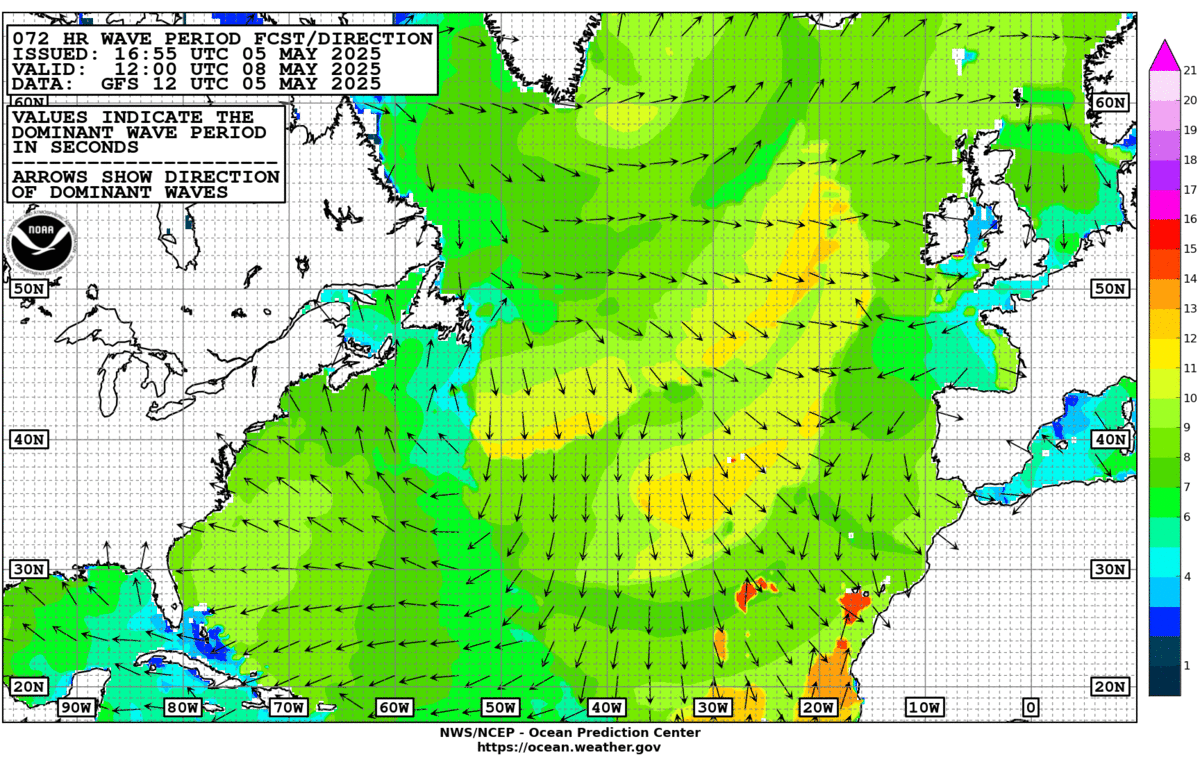
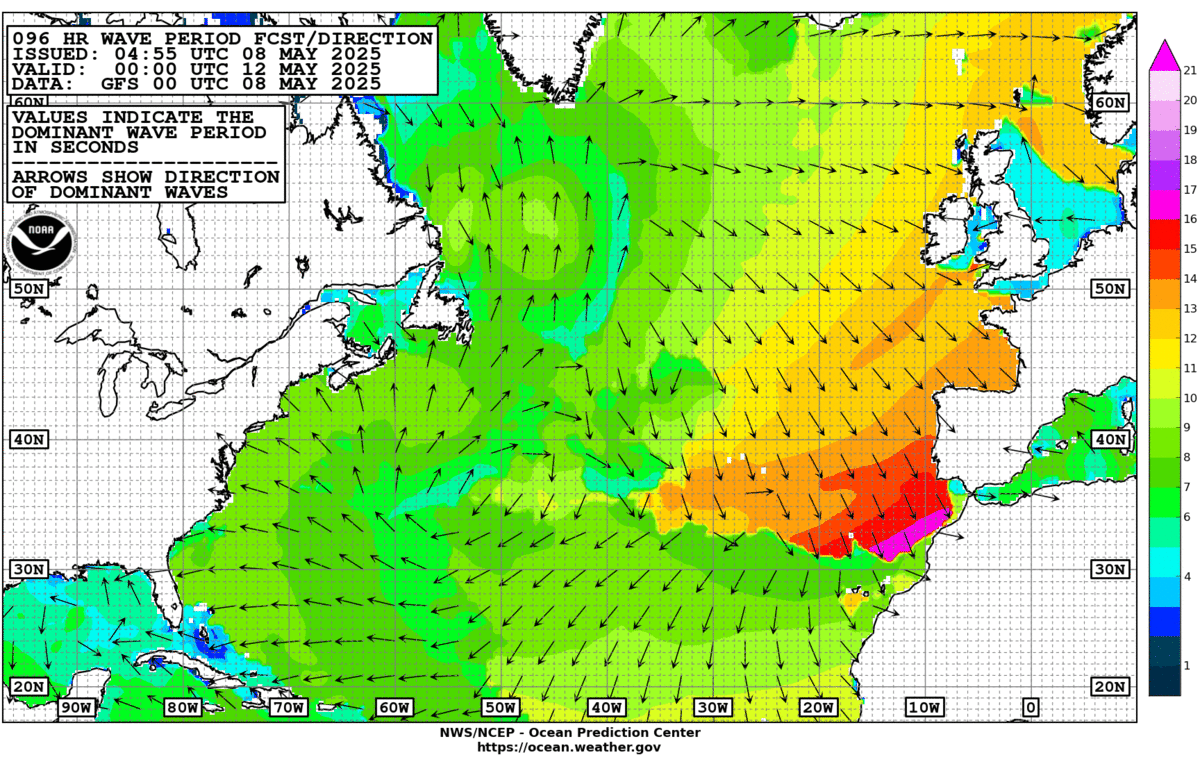

East & Central Pacific:



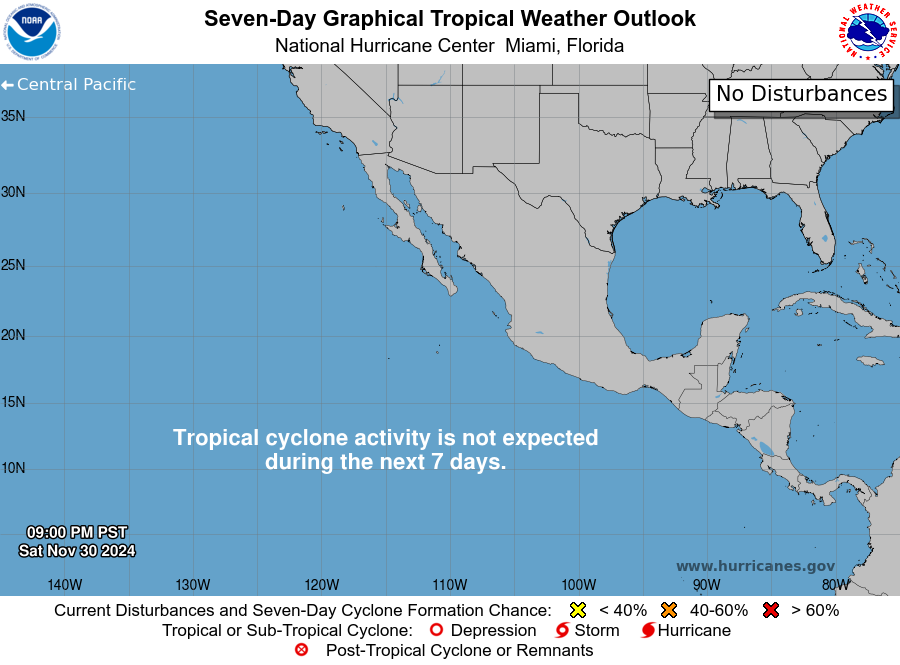
Central Pacific:
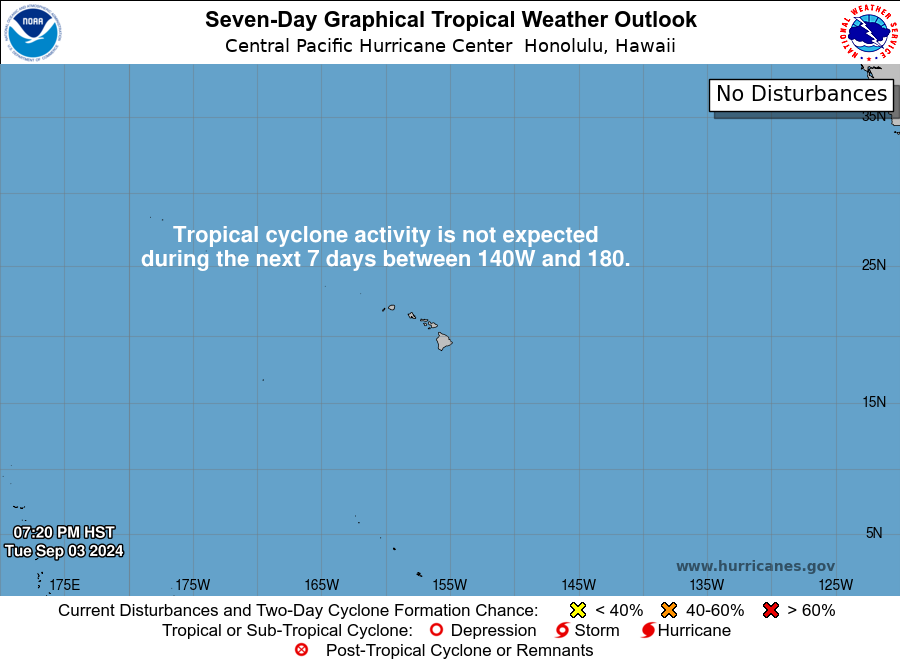
Hawaii satellite imagery:

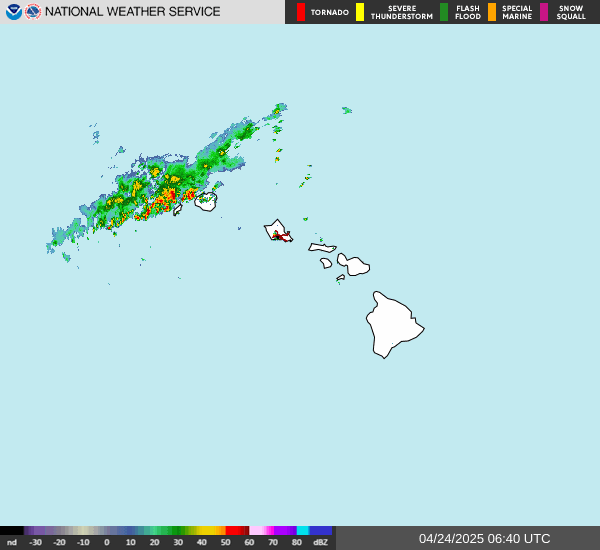
West Pacific:
“Bheki”:

“Man-yi”:

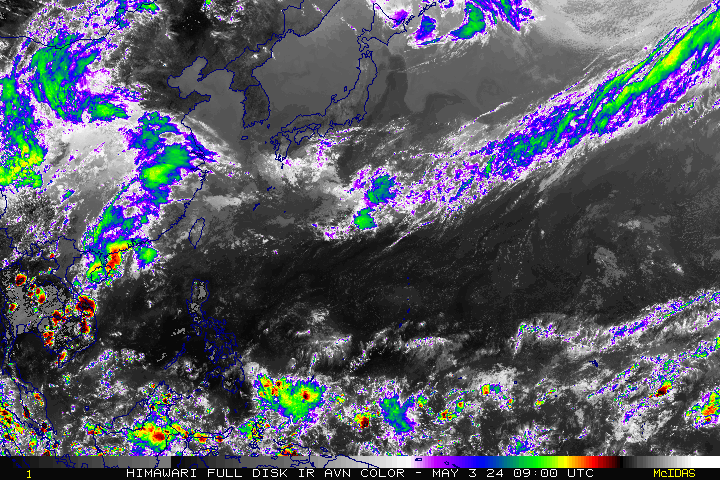
Global tropical activity:
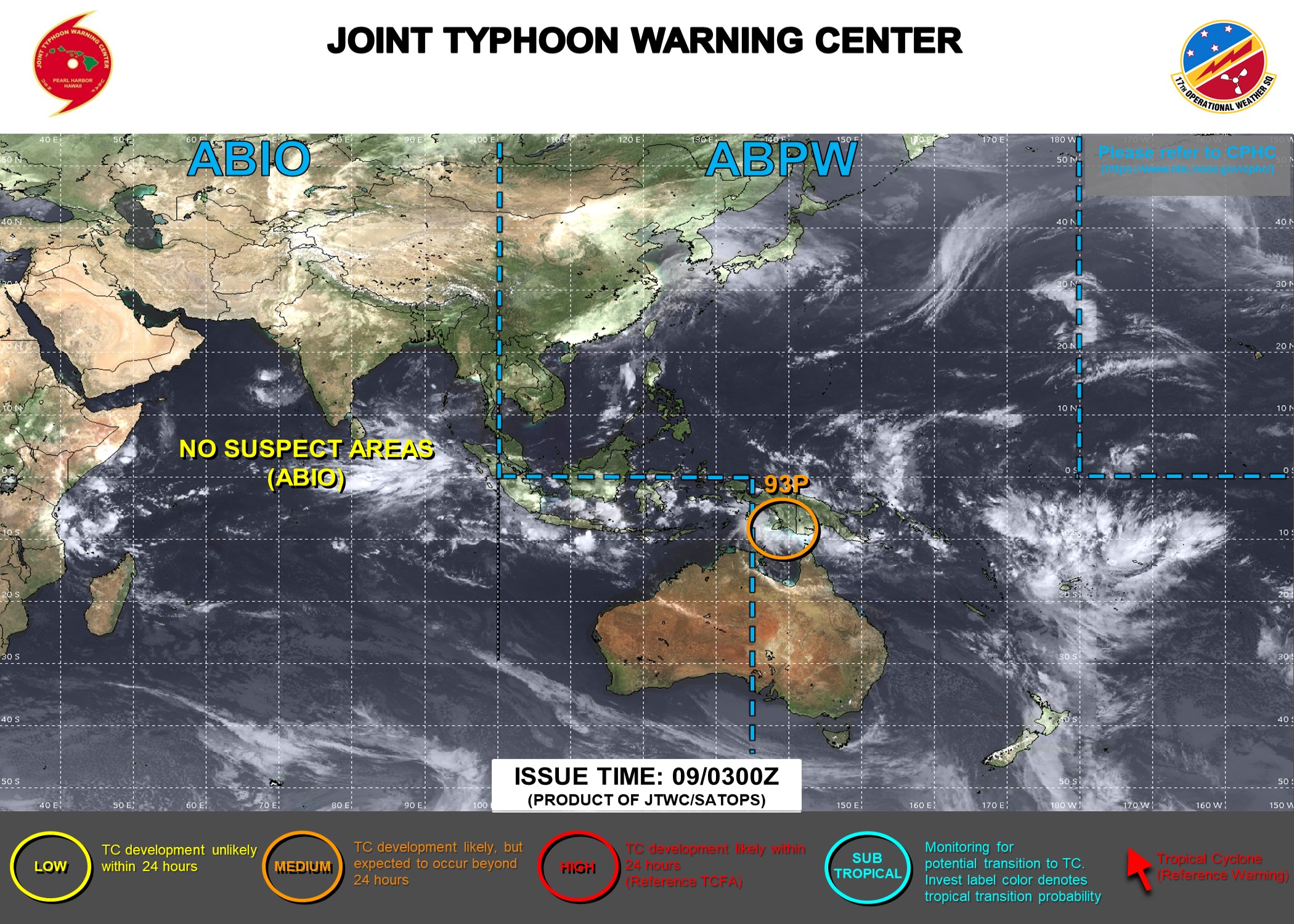
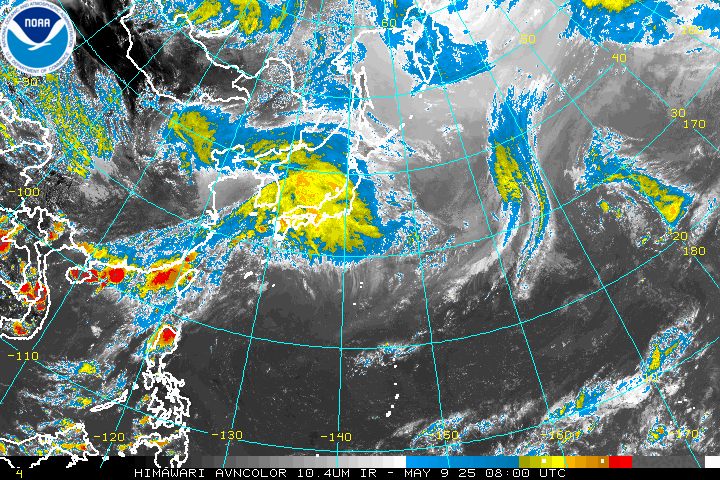
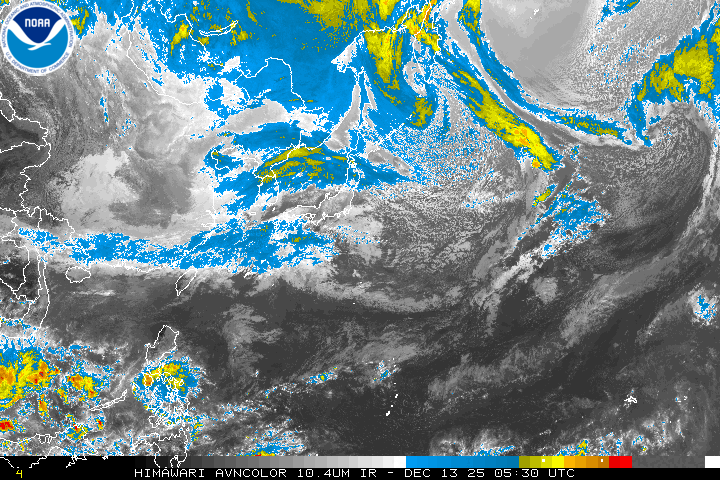
Cox Media Group



